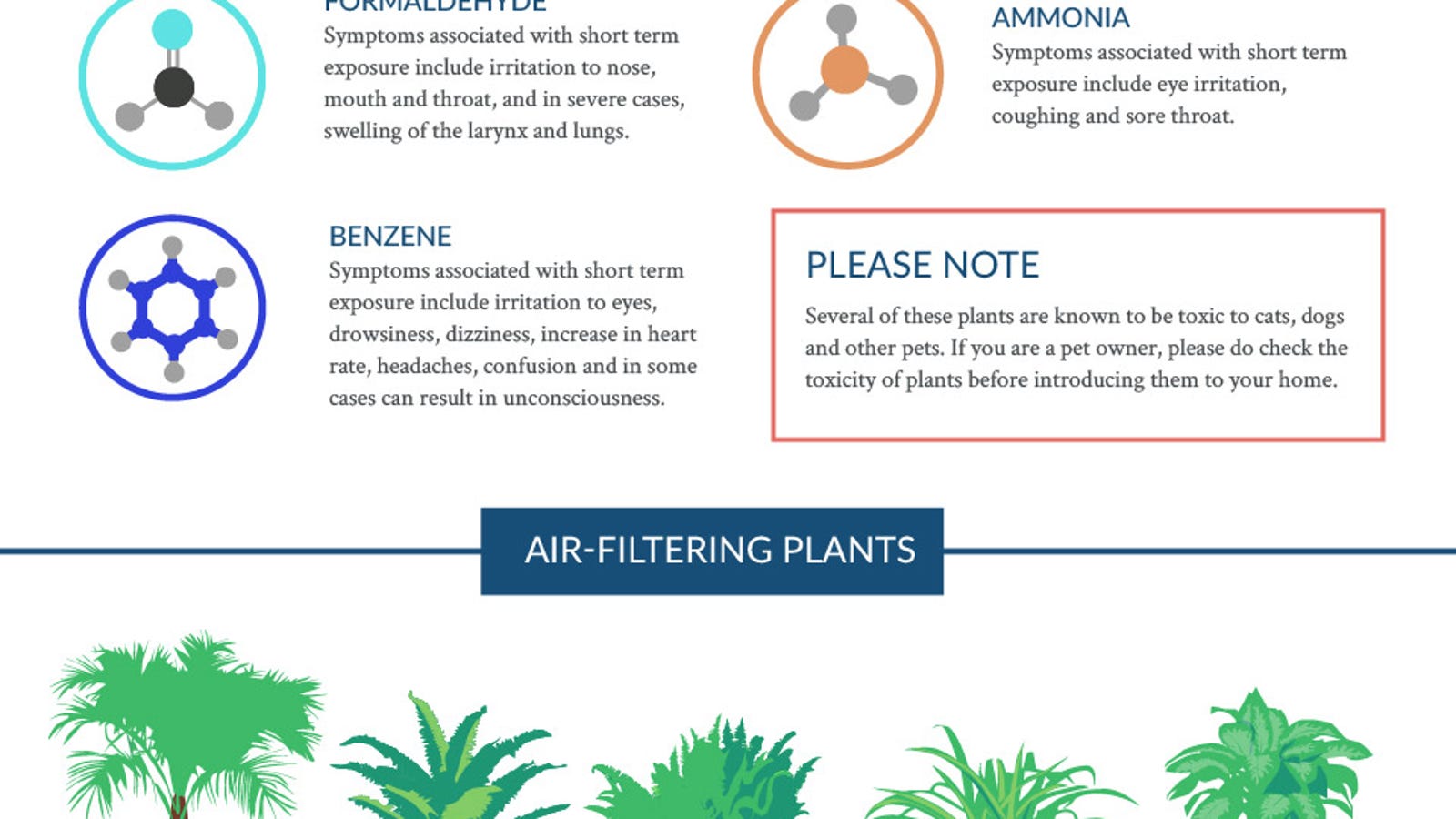Discovering The Ecological Advantages Of Warm Pumps - A Sustainable Home Heating Solution
Discovering The Ecological Advantages Of Warm Pumps - A Sustainable Home Heating Solution
Blog Article
Article Composed By-Crabtree Otto
In an age where sustainability and power efficiency are paramount, several services look for environment-friendly heating remedies. One such option is the heat pump.
A heat pump extracts the warm in its environments and pumps it into your home, causing among the most reliable green central furnace around. This procedure additionally generates zero greenhouse gas emissions, making it a highly sustainable innovation.
Power Performance
Heatpump are really power efficient and require little maintenance. They use less power than other heating systems and are without a doubt one of the most environmentally friendly. They work well with roof solar and can commonly pay for themselves in utility savings alone.
They can also provide air conditioning, which is fantastic for garage workshops, attic hangouts and perk areas, and home enhancements without extending the existing ductwork. They can also be utilized for retrofits in existing homes with hydronic (water-based) circulation systems such as reduced temperature radiators or glowing floors.
Look for models with SEER and HSPF scores that meet or exceed Canada's minimum requirements, along with the requirements in your area. Greater scores indicate higher effectiveness, which conserves you money in the long run and lowers your carbon impact. You may also receive rebates and incentives! The very best devices are those with a ground warmth exchanger for included effectiveness. These units can take in thermal energy from the ground during the winter season and extract it in the summer season.
Decreased Greenhouse Gas Emissions
Heat pumps work on power and essentially transfer heat from the air, also when it's cold outside. They are able to draw out the totally free heat trapped in air particles and relocate them inside, minimizing moisture while doing so.
Contrasted to gas heating systems, contemporary heatpump make use of less than one kilowatt of electrical energy per kilowatt of heating power they produce. This makes them the most energy effective home heating alternative available with a POLICE (Coefficient of Performance) of 4 or more. By reducing the demand for fossil fuels, heat pumps help in reducing greenhouse gas discharges and cut various other significant air toxins.
Related Site is an international critical, and the heating and cooling market is a crucial chauffeur of that process. Whether it's investor making net absolutely no commitments, plan makers establishing discharges limits, or renters requiring greener areas, electric heat pumps are being acknowledged as a necessary solution. They are a cost-effective method to decrease carbon emissions by getting rid of the requirement for nonrenewable fuel sources in buildings.
Flexibility
Heat pumps can be made use of in numerous types of homes and buildings-- with or without ducts. They deal with hot-water radiators, air-conditioning and programmable thermostats. They can replace heaters or be mounted in brand-new residences. They can run on photovoltaic panels, geothermal systems or even district heating sources like wastewater.
They're fantastic at delivering more warm per power system. For example, an air-source heatpump produces up to three or more home heating units from each electrical energy system it takes in.
Getting one of the most from your heatpump will depend on your environment area and quality of insulation. Try to find versions with power celebrity rankings and compare their SEER or HSPF specs. In warmer environments, concentrate on SEER; in cooler areas, take into consideration a system with a greater HSPF score. In addition, purchase air securing and insulation to reduce the tons on your heat pump. air conditioning servicing will boost energy efficiency and aid you reach your Web No goals faster.
Biomass Boilers
Biomass boilers use timber pellets, chips or logs to develop warmth and warm water. They are a great choice for off-grid residential or commercial properties or those who intend to leave the gas grid.
As a standalone heating unit, biomass can give adequate energy to keep your home cozy throughout the year without the normal warmth drop off of other sustainable technologies. They can also be made use of in conjunction with photovoltaic panels to maximise savings and take advantage of RHI repayments.
A downside of these systems is the upfront price and normal gas shipments. Commonly, pellets will need to be blown right into a gas shop utilizing a vacuum system or they can be manually fed right into the boiler through a hopper. Logs are generally self-sourced from nearby woodland or acquired wholesale. As well as this, they need manual loading and may require cleansing on a regular basis.